The subject of track limits has been prevalent in Formula 1 over the last number of years with certain venues seeing more lap time deletions than others.
This year, the policing of track limits was heavily discussed in Austria, where over 1,200 possible violations had to be looked into. There was further scrutiny in Qatar, as well as the United States.
To deal with all these incidents, the FIA is making use of its Remote Operations Centre (ROC) which has continued to be developed since its inception almost two years ago.
“The ROC was launched at the beginning of the 2022 season, three weeks before the Bahrain Grand Prix and it went through several phases,” said Deputy Race Director Tim Malyon.
“The first was getting the technology and the architecture right, so I would say that races one to four were an observational phase.
“Races five to eight were about implementing greater levels of technology to allow the ROC to actively support Race Control and that involved strengthening the communication lines between the track and the ROC, as well as deploying new equipment and IT tools to give the ROC the same tools that exist in Race Control.
“Finally, I would say, probably the last third of 2023, it was actively contributing more to the identification of issues and the policing of the regulations in session."
Viewed by others:
Changes since the Austrian Grand Prix
Throughout the ongoing season, the FIA's Head of Information Systems Strategy Chris Bentley explained that the primary focus has been on the “development of the event management software platform” to ensure more efficiency for people working in remote locations.
How does this compare to dealing with incidents from previous seasons?
“If you look at how we did tracking of incidents last year, we were watching a video feed and if we saw an issue, we would then go on the intercom, verbally give a timestamp and a car and then Race Control would have to go and find it,” Bentley said.
“What we’ve done this year is develop the systems to be a lot more automated so that from the ROC, we can pause the video, press a button, check the data is right and hit send to add the incident into the Race Control systems.”
The Austrian race produced lessons to learn for the operation which were successfully implemented during the the weekend in Qatar.
“We’ve changed the approach significantly between then and now,” Malyon stated. “As an example, at the recent Qatar Grand Prix we had eight people working on track limits instead of the four we had in Austria and between them they monitored 820 corner passes, which were then whittled down to 141 reports sent to Race Control and of those Race Control elected to delete 51 laps.
“Because of Austria and improvements made to the software, we can deal with those checks and turn them into 150 reports. Now it’s simply a case of clicking down a list of reports and saying yes or no.”
As it continues to develop, Maylon added that he expects it to form a similar role to the Video Assistant Referee that is used in football.
“When it comes to things like track limits, the ROC, at the moment, is a data-crunching facility. Will it evolve in the future?
“Honestly, I think it might evolve slightly in the direction of VAR where we actually nominate people working remotely as a so-called judge of fact in the motor sport terminology. But for the moment, it is a data-crunching resource designed to assist Race Control.”
Don't miss out on any of the Formula 1 action thanks to this handy 2026 F1 calendar that can be easily loaded into your smartphone or PC.
Download the calenderMost read

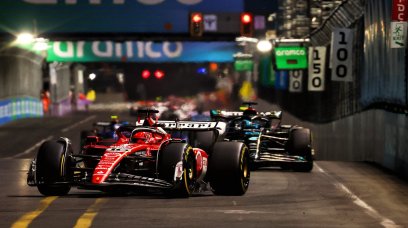
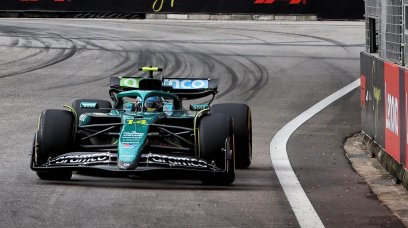

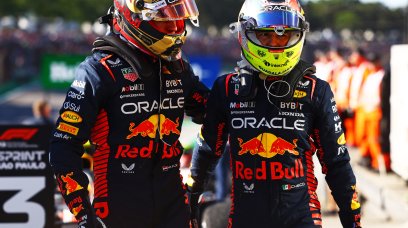
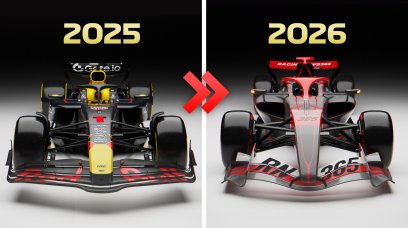

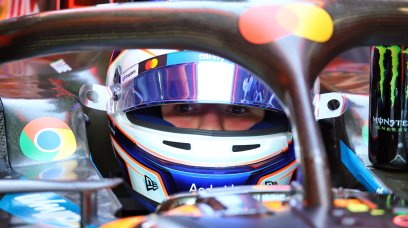
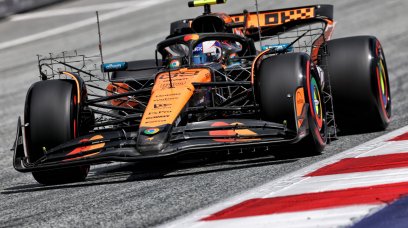
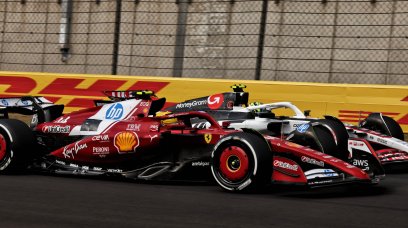
Join the conversation!